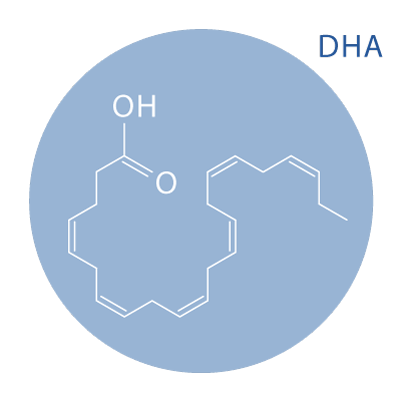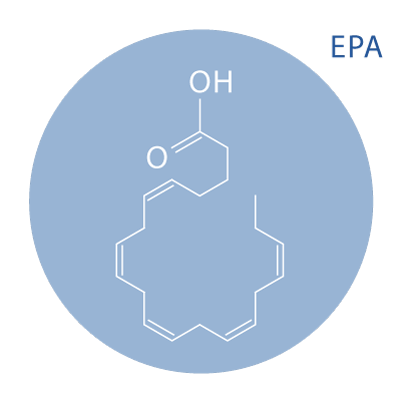Omega 3 fatty acid benefits

EPA & DHA: the Good fats
Omega 3 fatty acids are polyunsaturated fats which are an essential part of our cells membranes.
EPA and DHA in particular are almost exclusively found in seafood and cannot be synthesized by our bodies nor can they be substituted by any omega 3 fatty acid found in plants.
Therefore seafood consumption is crucial for the human health.
According to most health organizations, the recommended intake of omega 3 fatty acids is 250mg of combined EPA & DHA per day, for adults, based on a diet of 2,000 calories. Kefalonia Fisheries’ Sea Bass and Sea Bream contain, according to analyses conducted on a periodic basis, ~0,8g of EPA & DHA per 100gr fillet. This means that with a consumption rate of 2 portions per week, an adult individual receives the recommended intake of beneficial omega 3 fatty acids.
Numerous studies have shown that fish consumption (to a greater or lesser extent, depending on the particular fish species) may:
-
Protect against heart disease
-
Protect against sudden cardiac arrest
-
Protect against stroke
-
Prolong life following a heart attack
-
Lower blood lipids
-
Lower blood pressure
-
Protect against age-related macular degeneration
-
Alleviate autoimmune diseases (e.g. rheumatoid arthritis)
-
Protect against certain types of cancers
-
Mitigate inflammation reactions and asthma
Each one of the basic two long-chain fatty acids has specific benefits for the human health.
DHA docosahexaenoic acid

Benefits the brain, protects against heart failure and benefits eye health. More specifically, DHA:
-
Is crucial for proper infant brain development
-
Plays a central role in the development of the nervous system, growth and visual function in infants
-
Improves learning ability
-
Helps fight against a cognitive decline
-
Is effective at treating heart failure
-
Is a major structural component in the retina of the eye and it plays an important role in infant visual development
EPA eicosapentaenoic acid

Relieves depression, protects against atherosclerosis and thrombosis:
-
A meta-analysis of existing studies showed EPA to be responsible for benefiting depression. (Martins, 2009)
-
University of Missouri-Kansas researchers found EPA lowers mean platelet volume and thus reduces platelet activation. (Parka & Harris, 2002)
